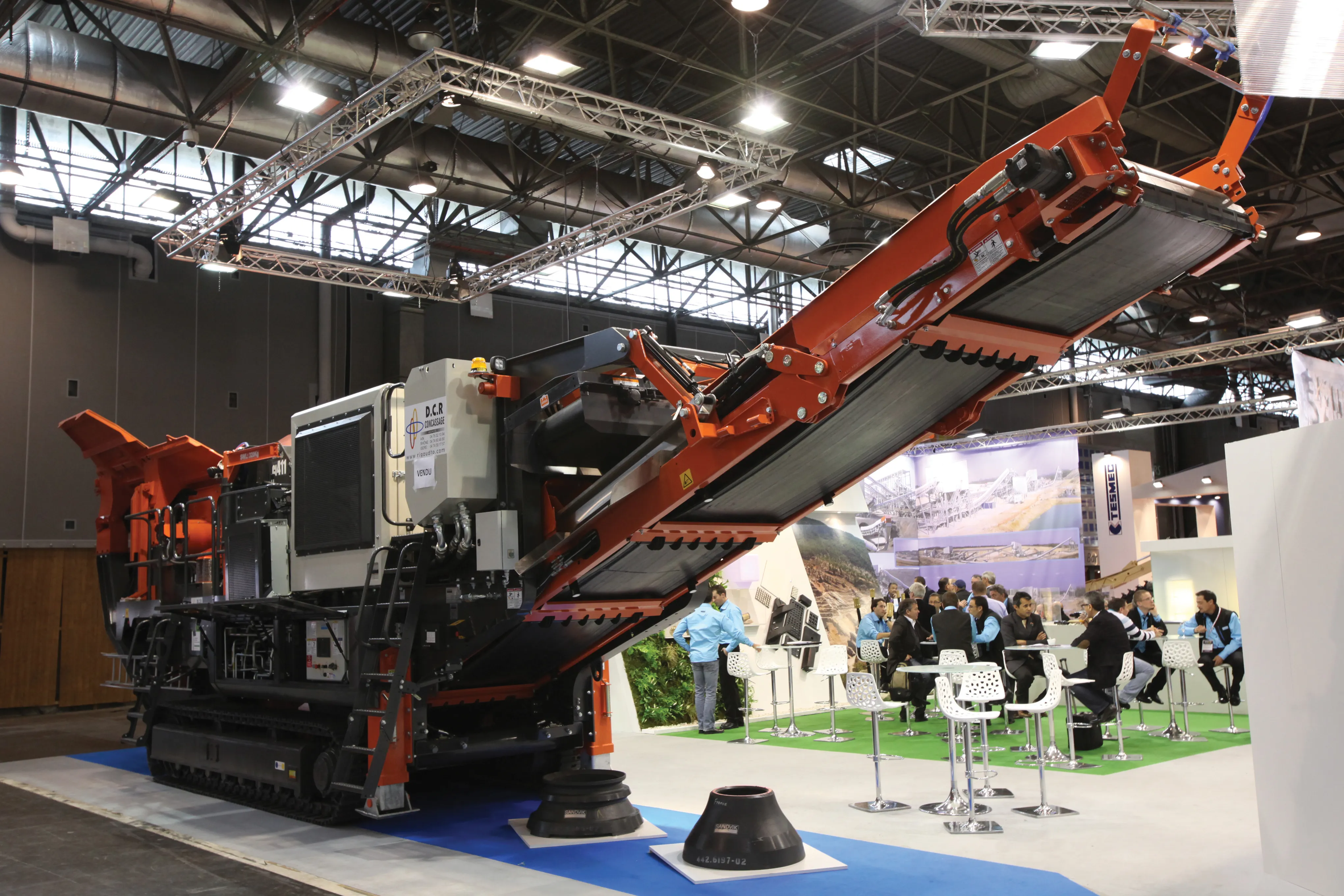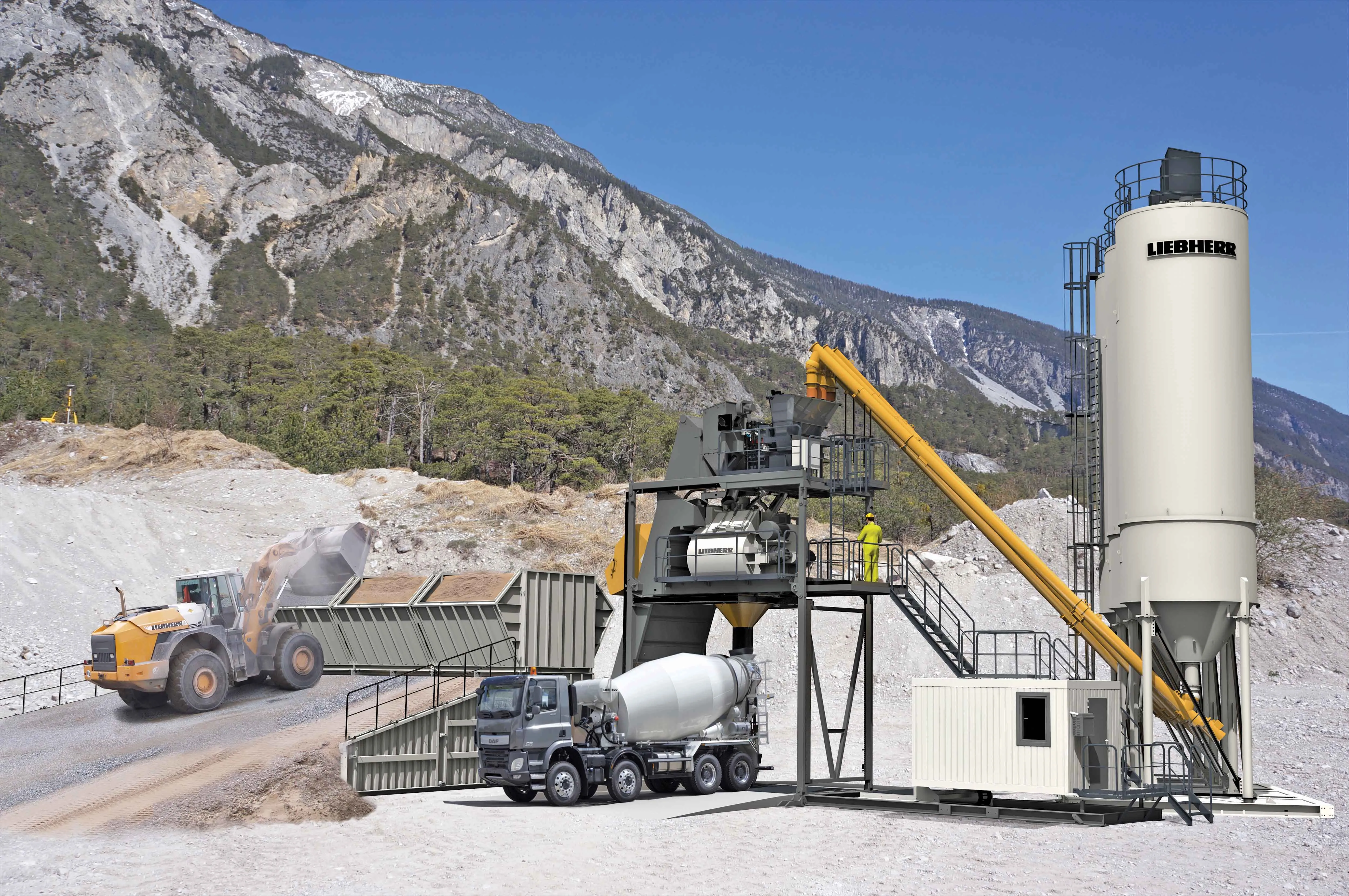Yimtas was set up in 1980 to import products for use in the domestic production of road and guardrail safety barriers, traffic signs, thermoplastic road markings, component road markings as well as preformed thermoplastic READYMARK road signs. The company also has CE certificates approval.
The group’s manufacturing facility in the north-eastern Turkish city of Duzce, has 7,000m2 of closed manufacturing space and around 17,000m2 of open area.
Annual production capacity is 20,000tonnes of guardrail safety barriers, 3,500tonnes thermoplastic road markings, 3,500 units of preformed READYMARK thermoplastic road signs as well as 3,000tonnes of two-component road markings signs.
The company, working with the Danish manufacturer
Also since May, Yimtas has been using the SP60 preformed thermoplastic sheets production plant from the Danish firm Promax. The SP60 can manufacture thermoplastic sheets for horizontal road signs, with production capacity of 140 sheets per hour.
Promax will install the plant within 10 working days in a customer’s area already fitted out with water pipes and lifting equipment. Training at customer’s facility is included, including the necessary thermoplastic formulations.
Quality control and thermoplastic development is done in close corporation with laboratory manager and on sight fully equipped thermoplastic laboratory.
Running the factory on full capacity requires four people: feeding material, controlling application, water cutting, and finally the collecting, packing and transportation of product to storage facilities.
A Promax SP60 is hard at work for Yimtas Group in Turkey
Yimtas A.S. Group, based in Turkey, reports that it has produced 1,600 units of the preformed READYMARK thermoplastic road marking signs for the Turkish market since October. Yimtas was set up in 1980 to import products for use in the domestic production of road and guardrail safety barriers, traffic signs, thermoplastic road markings, component road markings as well as preformed thermoplastic READYMARK road signs. The company also has CE certificates approval.
May 9, 2016
Read time: 2 mins









